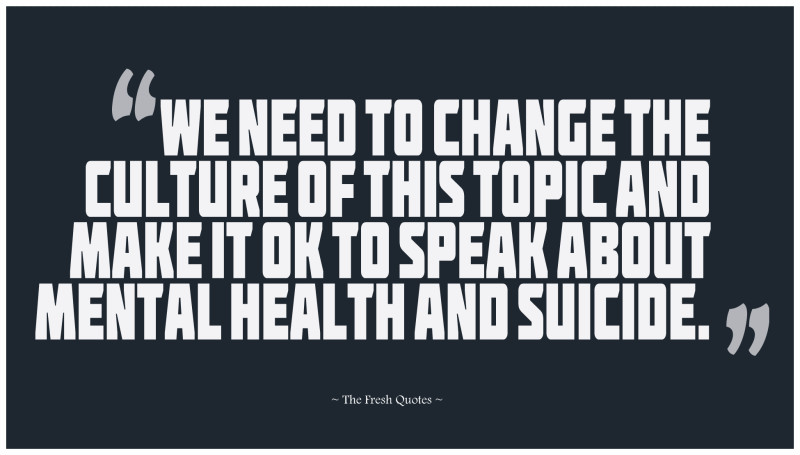At the heart of my work is telling other people’s stories. It is even better if the message is one that will make a positive difference to world that we live in.
Opinions and ideas
Every little helps
Good communications should work inside and out. In fact, great communications work from the inside our – that was the thinking behind Tesco and its ‘every little helps’ slogan. What began as a rallying cry for employees to improve service became a popular marketing strapline.
Never waste a good crisis
When the going gets tough, that’s when the tough get going – or at least those with a plan and the skill to use it. That’s how to cope when a crisis hits.
Out of the frying pan?
How do you take an idea and turn into a piece of editorial that breaks as an exclusive in a national paper and runs in various mediums for another three weeks? Good PR skills. The story behind the Frying Pan is just one in a series. Take a look.
Announcing my engagement
Are you engaged?
Well, are you? Engaged I mean. By that I mean are you bought into the latest marketing concept or messaging that is being pushed out by agencies staffed by people with great cheek bones and close fitting back clothes.
The workplace revolution: is it making you ill?
How does work make you feel? Is work driving you round the bend? Is it the actual location for work that influences your answer? Or is it what you do and the demands placed upon you? How do you cope with work? And, whilst we think about it, are you just coping or thriving and being productive and buzzing at the amount of great stuff you get done each day? Hold that thought.
Work and workplace has become a bit of thing for me. Sometimes client related, but always an area of interest. I am less concerned with how FM (a main client sector) might be equipped to influence workplace; nor am I worried about design. I am much more interested in culture and how the business of work, well, works.
Because what we do really does affect how we feel about stuff. So, today I have been reading about the footballer Aaron Lennon and his mental health. What he does and what he is paid is irrelevant. Mental health doesn’t choose people. It just happens. It occurs for all sorts of reasons, but should pressure from work make us ill? After all, as Louise Chunn wrote in the Guardian yesterday, what good is a job that makes you ill?
There is a lot of uncertainty about what is seen by some people as an epidemic of workplace stress. But, as Chunn argues, it needs to be taken seriously. She points to some brilliant ideas around being legally allowed not to feel bad about reading emails outside of ‘normal’ working hours. It does beg the question are there any normal working hours and are we keeping pace with how ‘work’ develops.
As a freelancer, I embrace the fact there are no rules to my working day. Except perhaps for the one that says it cannot encroach upon family life. Work helps provide for family life – that doesn’t mean it crowds into the space for fun, adventure and general downtime. But, we are doing that. We allow all sorts of things to crowd in on us. And, it is not just at work. We do it with our children at school and we do it during sport and relaxation.
We ‘feel’ obliged to be better. We use Strava, Fitbits, Nutribullets and all kinds of data to inform ourselves about our productivity, effectiveness, progress and benchmarks and rewards. For what? More stress?
At home, work and in school we need to be less obsessed with performance measurement. We need to focus on doing things well. To our best ability. We need to look at why things don’t work all the time and learn from that – but we do not need to punish ourselves.
We need to be far more aware of the impact our way of life, our culture is having on all of us. That’s a lesson we can take from the Aaron Lennon story. Facilities Management and workplace are related and could help address mental health issues at work. Its interesting that there has been a campaign in construction – led by Construction News – about the level of mental illness in construction. How much is there in FM?
Read Louise Chunn’s piece – it is very good. It is something we need to apply now. If we do not, then work and workplaces might drive us all round the bend.

What Cruyff can teach workplace and FM
The Dutch (and to an extent, their north European neighbours in Scandinavia) are regarded as leaders in ideas on how to improve employee engagement, productivity, wellbeing and basically putting people ahead of the capital asset. What you might not know is that this is rooted in Dutch culture.
Everyone needs rules
No matter what you might think everyone needs rules. Or, shall we say, guidance. Because without some boundaries, without some kind of notion of what’s right and wrong things will unravel.
Anyone watching teams play football, rugby, cricket or hockey (choose the sport you like best) will know the that a team without shape, structure and leadership will not function as a cohesive unit. Individuals will not form together into the team dynamic. There is no rhythm and no performance.
